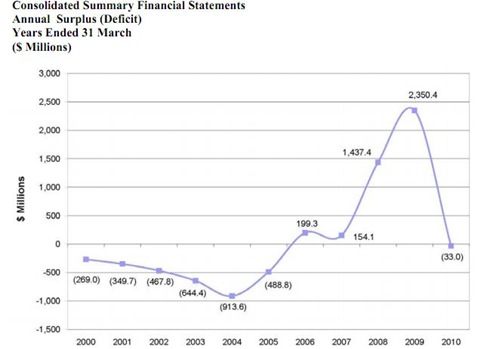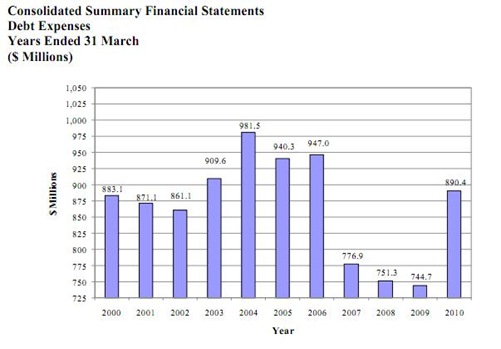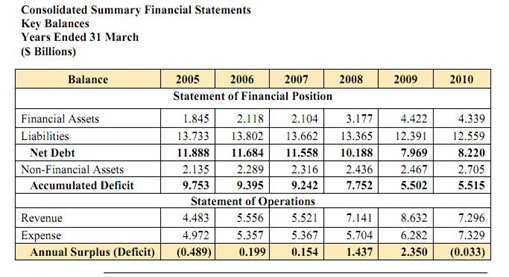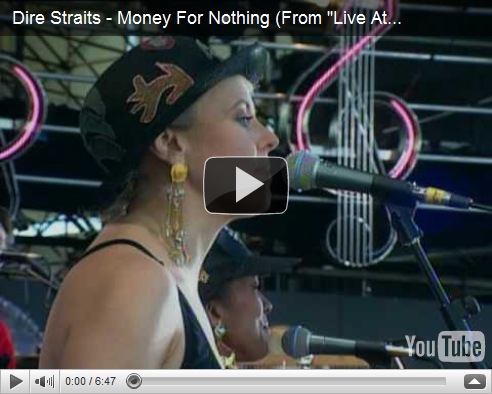The following op-ed piece is from opposition leader Kelvin Parsons. It appeared in several conventional news media last weekend.
A sweet deal, but not for the citizens of Newfoundland and Labrador
by Kelvin Parsons
The proposed Term Sheet to develop hydroelectric power at Muskrat Falls, Labrador with Emera Energy of Nova Scotia is badly flawed. If it proceeds, it will cause an exorbitant rise in electricity rates and increase our provincial debt by as much as 50 per cent, a worrisome development given that we already have the highest per capita debt in Canada.
The Government of Premier Kathy Dunderdale would have us believe this deal is necessary to provide stable, long term energy prices and that if it doesn’t proceed our energy prices will be even higher. However, neither the premier, nor Nalcor, has provided any information to substantiate that claim. Neither has Ms. Dunderdale or Nalcor offered any proof that energy demand is increasing on the island and that we actually need the additional power Muskrat could provide. It would be instructive to see Nalcor’s energy demand projections given this province has lost two pulp and paper mills under the current government’s watch and our population is projected to decrease over the long term.
As for her contention that replacing the thermal plant at Holyrood with Muskrat power would make this province 98 per cent green, Ms. Dunderdale is not telling the full story. She is failing to disclose that Holyrood generates only 20 per cent of the island’s electricity and that the other 80 per cent is already “green energy” that comes from hydroelectric stations such as the ones at Bay d’Espoir and Cat Arm and from wind farms such as the one at St. Lawrence. Using the premier’s own formula for calculating our “greenness,” which includes the 5,400 megawatts of energy already being produced on the upper Churchill, this province is already 91 per cent “green.”
The premier is proposing that we spend $6.2 billion to build a new power plant in Labrador and run lines thousands of kilometers over land and under water to replace just 20 per cent of our energy production. Adding such a huge financial burden on top of our existing debt - for such limited gain - makes no financial sense.
Refurbishing Holyrood to reduce its emissions is a far cheaper option. Eliminating Holyrood also eliminates the prospect of eventually using this province’s large stores of natural gas for electrical generation here at home. There is much more gas in the oil fields now under production in the Jeanne ‘d’Arc basin than in the Sable reserves off Nova Scotia. And that’s not counting the potential reserves in Western Newfoundland or the large gas reserves off Labrador.
As well, the citizens of this province should be told there are several other potential hydroelectric and wind projects that can be developed on the island of Newfoundland to meet any incremental growth in electrical demand for many years to come. These projects can be developed at far less cost than Muskrat Falls and with much less impact on us as taxpayers and electricity consumers.
Make no mistake, Muskrat will be a financial burden. By the premier’s own admission, the generating and transmission costs of Muskrat Falls power will be at least $143 per megawatt hour. That’s a 120 per cent increase over the base rate Nalcor now charges Newfoundland Power, the main provider of energy to consumers on the island. If there are cost overruns on the project, the base cost will be even higher.
If this project is approved, we will go from having the cheapest power rates in Atlantic Canada to the most expensive. Muskrat’s exorbitant energy costs will also hurt businesses, impair job creation and drive up the cost of living for everyone in this province as the higher electricity charges are added to consumer goods.
But there will be some beneficiaries – just not in Newfoundland and Labrador. Take the case of Emera Energy of Nova Scotia. Ms. Dunderdale claims Emera is paying $1.2 billion for 20 per cent of Muskrat’s energy. That is untrue. That $1.2 billion is being invested in a transmission line that Emera will wholly own for 35 years. The power that will run across that line to Emera will be provided for free. Emera will then sell its free power to consumers in Nova Scotia, recovering its $1.2 billion investment with a guaranteed rate of return. All this has been confirmed by Emera’s president, Bruce Huskilson, in a conference call with investment analysts.
This arrangement is akin to me letting my neighbour take water from my well for 35 years for free, as long as he pays for the hose. Whatever money he gets from selling that water, he keeps it all, not a cent of it comes back to me.
Premier Dunderdale claims the benefit of such a lopsided deal is that Nalcor will be allowed to run excess energy from Muskrat over Emera’s line for sale in the Maritimes and New England. That is true. But Nalcor will have to pay all the associated tariffs and very likely use Emera as the broker. That means more fees paid to our Nova Scotia “partner” and less revenue for the people of this province.
As well, any Muskrat power going to the Maritimes or New England will be sold at a fraction of its production cost. Comparing the current market price in New England of about $50 per megawatt hour with Muskrat’s production cost of $143 per megawatt hour, the people of this province would end up subsidizing two thirds of the cost of electricity going to New England. While Americans and people in the Maritimes would enjoy paying the lower market rate, consumers of electricity here on the island of Newfoundland would have to pay Muskrat’s full production cost plus allowances for profit.
There are other problems with the deal that Premier Dunderdale doesn’t want to talk about. For instance, while Nalcor has agreed to pay half of all cost overruns on the construction of Emera’s Maritime Link, there is no reciprocal agreement on Emera’s part to pay any cost overruns on the transmission line running from Labrador to Newfoundland. That’s despite the fact Emera is getting a 29 per cent ownership stake in our line and will enjoy 29 per cent of all the profits derived from transmitting power from Muskrat Falls to consumers here on the island.
Not surprisingly, financial analysts have hailed the project as a great deal for Emera. They have not made the same assessment for the residents of Newfoundland and Labrador.
The bottom line is this: Premier Dunderdale and her government is asking the residents of this province to pay more than double for their electricity and take on an additional $4.5 billion in debt to finance a project that will provide free energy to Nova Scotia and subsidized energy to consumers in the Maritimes and New England.
As for her contention that keeping Holyrood on stream will lead to energy costs that are even higher than Muskrat’s, to date neither her government nor Nalcor has provided any evidence to back that claim despite our repeated requests to see any such documents.
The Term Sheet to develop Muskrat Falls looks like it was slapped together in a hurry. Incredibly, it’s even worse than the historically unfair Upper Churchill contract. At least in the case of the Upper Churchill, Hydro Quebec pays something for our energy, albeit a pittance of its market value. If Ms. Dunderdale gets her way, Emera Energy will receive Muskrat’s energy for free as well as a 29 per cut of profits on all transmission of energy to our island. Meanwhile, the people of Newfoundland and Labrador will be financing this atrocious deal with even higher debt payments and exorbitant electricity bills.
It’s a sweet deal, alright, but not for the citizens of Newfoundland and Labrador.
- srbp -







